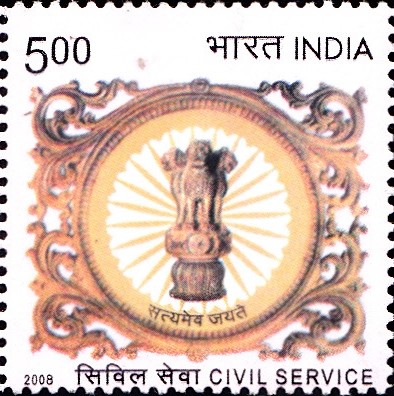
Indian Civil Service (ICS)
A commemorative postage stamp on the Civil Services of India (I.C.S.) :
 Issued by India
Issued by India
Issued on Apr 21, 2008
Issued for : The Department of Posts is proud to bring out a commemorative postage stamp on the Civil Service.
Design : As a philatelic innovation, the Ashoka Emblem in the stamp has been embossed.
Credits :
Stamp & FDC : Shankha Samanta
Cancellation : Alka Sharma
Type : Stamp, Mint Condition
Colour : Multi colour
Denomination : 500 Paise
Stamps Printed : 0.8 Million
Printing Process : Photogravure
Printer : India Security Press, Nasik
About :
- “A king can reign only with the help of others; one wheel alone does not move a chariot. Therefore, a king should appoint advisers (as councilors and ministers) and listen to their advice.”
- Kautilya in Arthashastra is talking in terms of a monarchical set up yet it is clear from the above statement that Kautilya recognizes that the personnel who man the organization are as important as the organization itself. The configuration of authority and system of recruitment may vary in different genres of government, from appointment by inheritance or patronage to recruitment by merit but the history of public administration testifies that no state of any extent can be ruled without a bureaucracy.
- One of the oldest examples of a civil service based on meritocracy is the imperial bureaucracy of China that established a civil service bureaucracy recruited by written examinations and recommendation [at the initiative of Emperor Wen of Sui Dynasty (581-604 AD)]. The system further entrenched itself during the Song Dynasty (960-1279 AD) and civil officials owed their social prestige to the central court and drew their salaries strictly from the central government. The examinations were carefully structured in order to ensure that people of lesser means than candidates born into wealthy, landowning families were given a fair chance at passing the exams and gaining an official degree. This included the employment of a bureau of copyists who would rewrite all of the candidate’s exams in order to mask one’s handwriting and therefore make all candidates anonymous and unable to employ favoritism by graders of the exams who might be associated with them and could recognize their handwriting.
- The Chinese civil service became known to Europe in the mid-18th century and influenced the development of European and American systems. Ironically, and in part due to Chinese influence, the first European civil service was set up not in Europe, but in India by the East India Company under which administrators were engaged as “Honourable East India Company Civil Servants” as distinguished from its military servants. In order to prevent corruption and favouritism, promotions within the company were based on examinations.
- The system continued with the constitution of the Imperial Civil Service of India based on the recommendation of the Public Service Commission, 1886-87 and the Provincial Civil Service and Subordinate Civil Service on the recommendation of the Aitchison Commission. By 1934, the system of administration in India came gradually to consist of seven All India Services and five Central Departments, all under the control of the secretary of state, and three Central Departments under joint Provincial and Imperial control.
- Today, the Civil Service constitutes the permanent executive of the modern state. The All India and Central Services along with the State Civil Services form the basic framework of administration and governance in India. They are entrusted with exercise of sovereign functions of the State. In addition they are expected to perform duties in diverse fields ranging from rural development to railways, from commerce to communications, from foreign policy to fiscal reform.
- Civil Services have played a vital role in the task of nation-building. It was Sardar Patel’s vision that the Civil Service should strengthen cohesion and national unity. He wanted a strong and vibrant federal administrative system in which the All India Services would play an important role. True to his conviction, the Civil Services have provided the steel frame for administration of the country. The Weberian values of integrity, impartiality, impersonality and merit remain the guiding principles of the Civil Service.
- As the nation comes of age, the role of the Civil Service has also metamorphosed. The Civil Service has continued to be an important instrument for initiating and managing change. Much of this change has been in areas and activities that had a strong presence of the government. With liberalization of trade and capital flows, financial sector reforms and deregulation, the operating environment has changed dramatically. Higher public expectations, public-private partnerships, emergence of regulatory bodies and global competition have created new challenges for the Civil Service. Civil Service has tried to meet these expectations of citizens of India with innovation, induction and extensive use of technology and systematic change.
- 21st April has been earmarked as Civil Service Day, an occasion for the civil servants to rededicate themselves to the cause of the nation and renew their commitment to public service and excellence in work. It provides a unique opportunity for introspection as also chalking out future strategy to deal with the challenges being posed by the changing times.
- Text : Based on Material provided by the proponent.


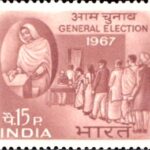
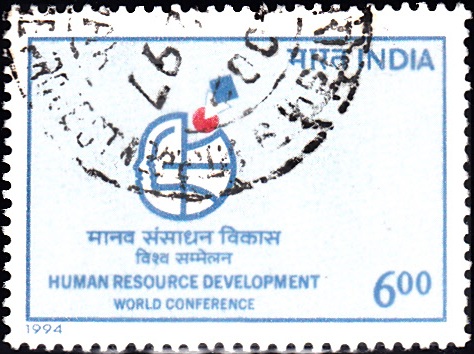
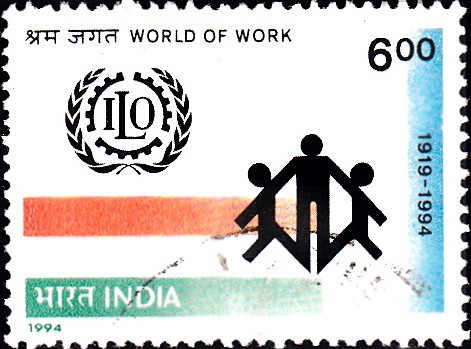
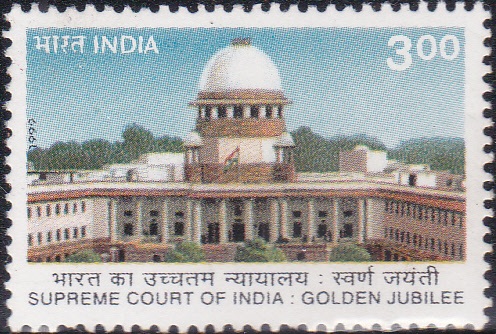
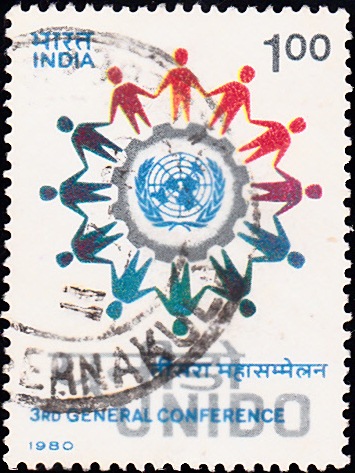
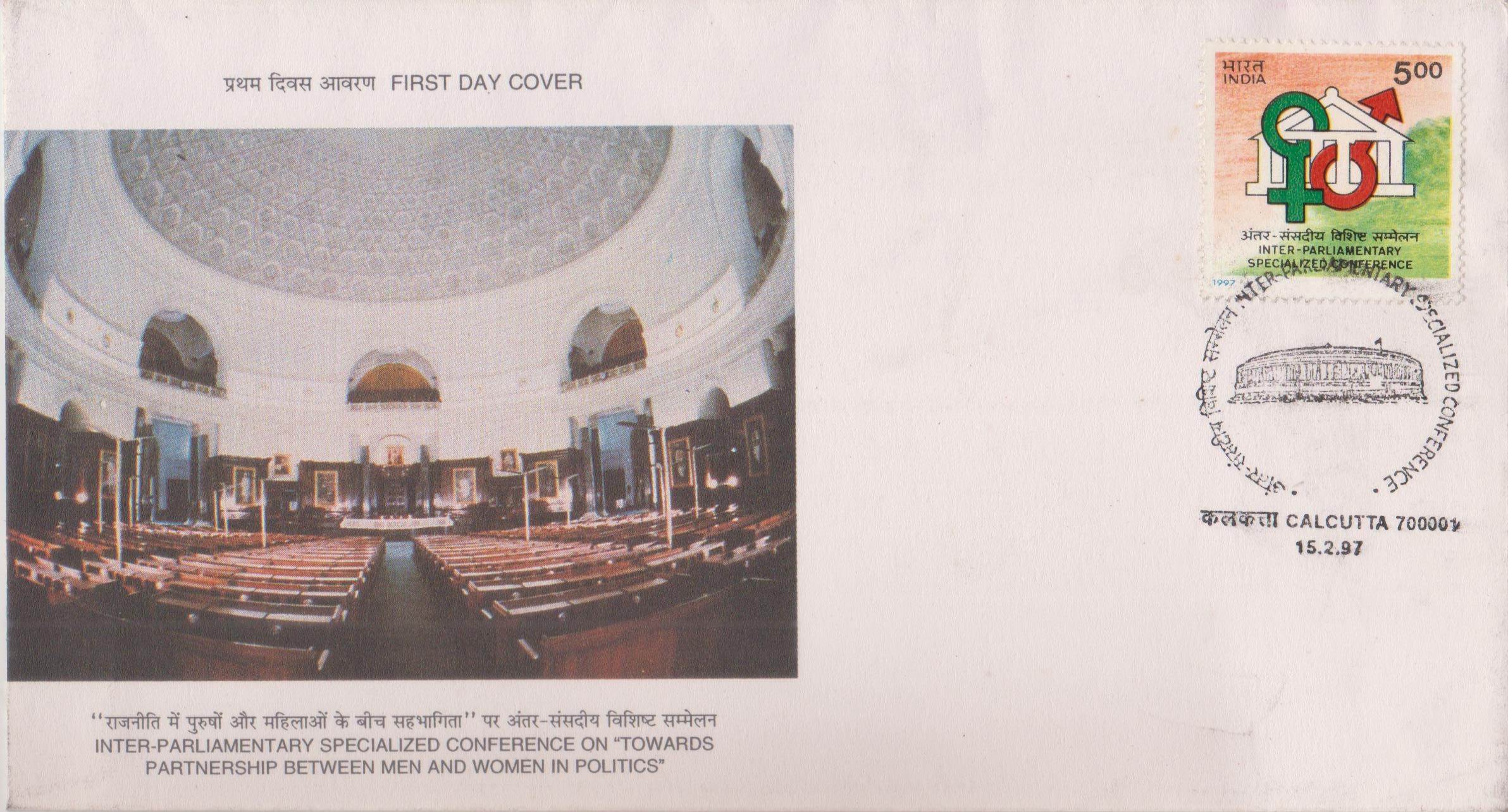
[…] and won the Frank Smart prize in Botany. He stood first at the Open Competitive Examination of the Indian Civil Service which was a distinction so unparalleled that he was firmly advised by Lokmanya Tilak to join the […]
[…] He joined Cambridge University, England, from where he graduated and having passed into the Indian Civil Service joined service in 1912, being posted to the old Central Provinces. After district service, he was […]
[…] a name which was destined for international acclaim. After graduating, Firaq was nominated to the Civil Service. He however, preferred to join the freedom movement. He was imprisoned for his nationalist […]
[…] Academy of Administration, Mussoorie is the apex training institution for senior members of the Civil Services of India. Established in 1959, after the erstwhile civil services training set up moved from […]
[…] First Class Honours and, winning all the prizes in the Classics. Later he came out successful in Indian Civil Service […]
[…] Club is a sporting club which was established by the British for the use of officers of the Indian Civil Services, Armed Forces and residents of Delhi. It was established on 3rd July, 1913 as the Imperial Delhi […]
[…] proved himself a distinguished parliamentarian. He was concerned about the Indianisation of the Civil Services and the armed forces, the treatment of Indian settlers abroad and industrialisation in the […]
[…] 1896-1897, Pune was hit by Bubonic Plague. Under the chairmanship of W. C. Rand, an Indian Civil Service officer, a Special Plague Committee was formed. Troops were brought in to deal with the emergency. […]
[…] entered service as Head Pandit at Fort William College was an institution for training of British ICS officers in Bengali and Hindi. His first literary publication, ‘Betal Panchavingsati‘ […]
[…] and within a couple of years qualified himself with flying colours to be admitted to the covenanted I.C.S. Cadre. He was first appointed as Assistance Magistrate in Sylhet (now in Bangladesh). On the […]